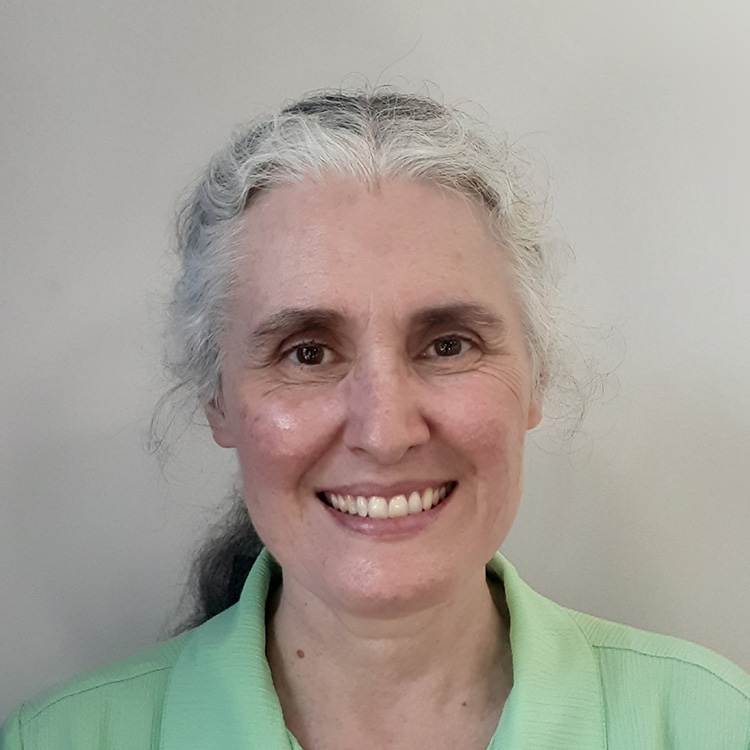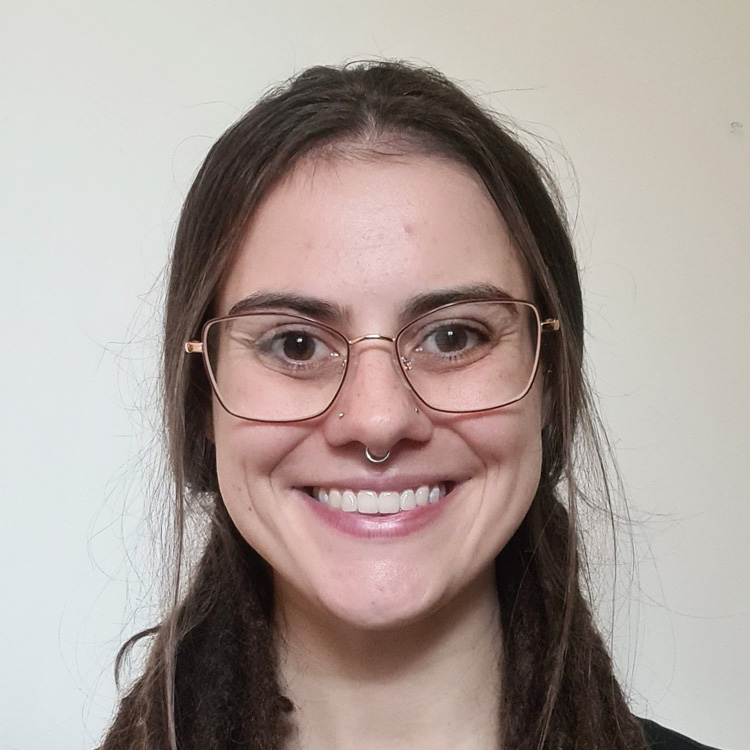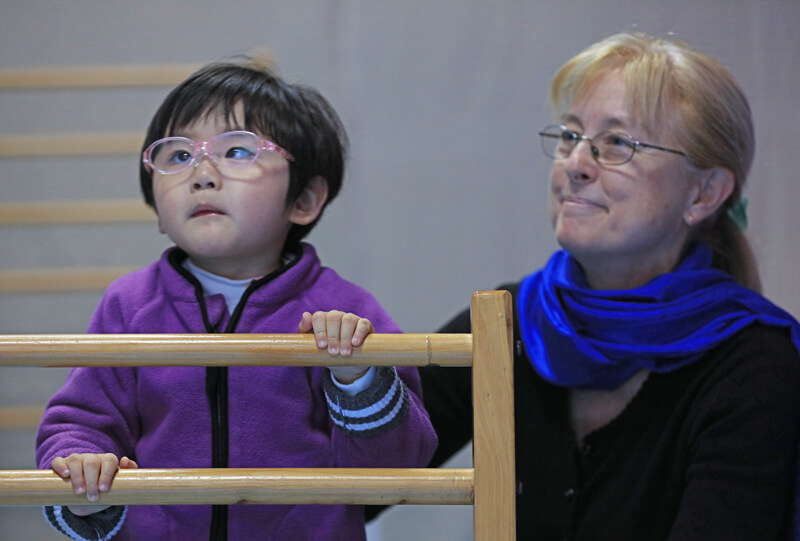Search



People
Jess KeeleyWithin the Child Disability Team Jess has contributed to research that aims to improve understanding and measurement of the communication of people with CDKL5 Deficiency Disorder (CDD) by conducting and analysing interviews with families.

News & Events
Research enriching the lives of girls with Rett syndromeA program developed by The Kids Research Institute Australia researcher Dr Jenny Downs has led to dramatic improvements in the functioning of Chinese children with Rett syndrome, and could change the world.
Research
Psychometric validation of the quality of life Inventory − Disability (QI-Disability) among patients with Lennox-Gastaut syndrome and Dravet syndromeTo evaluate the psychometric properties of the Quality of Life Inventory -Disability (QI-Disability) for individuals with Dravet syndrome (DS) or Lennox-Gastaut syndrome (LGS), two rare developmental and epileptic encephalopathy conditions.
Research
Parents’ Work–Family Conflict and Children’s Emotional Well-Being: The Mediating Role of Parenting BehaviorsDespite growing evidence that parental work–family conflict (WFC) affects children’s emotional well-being, little is known about the multiple pathways underlying such effects. This study examines the association between parental WFC and children’s emotional well-being and the potential mediating role of parenting behaviors in this process.
Research
Beyond Seizures as an Outcome Measure: A Global Severity Scoring System for CDKL5 Deficiency DisorderCDKL5 deficiency disorder (CDD) is a rare developmental and epileptic encephalopathy (DEE) associated with multiple impairments and comorbidities. Outcome measures for disease-modifying clinical trials for DEEs should measurably capture a spectrum of caregiver priorities and be externally validated.
Research
Outcomes following a behaviour change intervention within hospitals to improve birth registrations and hospital utilisation for Aboriginal and/or Torres Strait Islander infantsThe primary objective was to determine whether a behaviour change intervention delivered to hospital staff would (1) improve the proportion of Aboriginal and/or Torres Strait Islander (Aboriginal) babies being registered and (2) reduce hospital admissions and emergency presentations for babies <6 months old. The secondary objective was an observational analysis to determine factors that might influence the proportion of registered Aboriginal births in Western Australia.
Research
Content Validation of the Communication Inventory Disability–Observer Reported CID-ORCDKL5 deficiency disorder is a rare and severe developmental and epileptic encephalopathy that has profound effects on communication. It is essential that communication be measured accurately for upcoming gene therapy trials. The Communication Inventory Disability-Observer Reported was developed from a framework of communication derived from parent/caregiver interview data in consultation with disability and communication experts, and after reviewing concepts in existing measures.
Research
Cause-Specific Secular Trends and Prevention Measures of Post-Neonatally Acquired Cerebral Palsy in Victoria and Western Australia 1975–2014: A Population-Based Observational StudyTo describe the timing and causes of post-neonatally acquired cerebral palsy (PNN-CP) and map the implementation of relevant preventive strategies against cause-specific temporal trends in prevalence.
